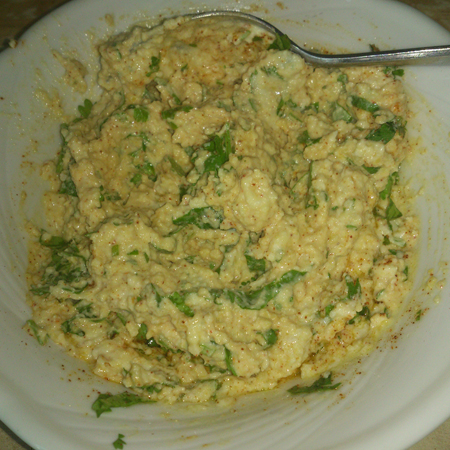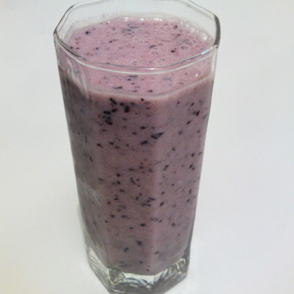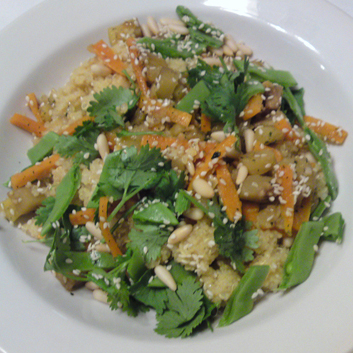Cranberry

Important cranberry facts
Cranberry is a berry that is native to the Northern American continent and is closely related to the blueberry botanically.
Cranberry has been used for centuries for healing, specifically to treat wounds and tumours, as a remedy for scurvy and for gum health.
When cranberry is consumed, it purifies and acidifies the urine and produces a powerful natural substance called hippuric acid in the urine. Hippuric acid has a strong antibiotic effect on the urinary tract and it discourages (sometimes it even eliminates) harmful, infection-causing bacteria in the urinary tract.
Cranberry also stops harmful microorganisms from sticking to the lining of the urinary tract, thus making it inhospitable for harmful bacteria such as E. coli to invade and prevents urinary tract infection.
- Cranberry is related to the blueberry
- Cranberry may prevent recurrences of urinary tract infections
- Cranberry deodorises the urine
- Women benefit from this important plant, as urinary tract infections occur 10 times more in women than men! It is estimated that 25-35% of women between 20-40 have had at least one urinary tract infection (UTI)
- Cranberry juice is a safe adjunct to antibiotic therapy for urinary tract infections
Cranberry and health
- Urinary tract infections - numerous studies have proved that cranberry is effective in preventing and treating urinary tract infections (UTI) by providing an inhospitable urinary tract environment so that bacteria cannot stick to the lining of the urinary tract and cannot cause infection. Several studies have shown that daily consumption of cranberry, either in fresh berry, juice or supplement form, dramatically reduced recurrence of UTI's. Cranberry also shortens the duration of UTI's and helps to alleviate pain, burning, itching and other symptoms of UTI
- Dental plaque - there is some promising research that shows cranberry stops bacteria from forming plaque on teeth and so reduced tooth caries (decay)
- Incontinence - due to cranberry's deodorising effect on urine, it will remove any odours from the urine of people with incontinence
People who wish to take an acidophilus supplement should talk to a medical professional BEFORE taking it.
Cranberry recommended intake
Dosage of cranberry depends on the condition that is being treated. A medical doctor and/or alternative health care provider can advise on individual cases. This information is provided only as a general guide. For individual information, consult your doctor to diagnose and treat your condition.
| Lifestage | Age | Amount (per day) |
|---|---|---|
| INFANTS | 0-12mths | Fresh fruit and juice are fine |
| CHILDREN | 1-38yrs | Fresh fruit and juice are fine |
| CHILDREN | 9-18yrs | Fresh fruit and juice are fine |
| ADULTS | 19-50yrs |
Treating an existing UTI 400mg tablet 2 times a day or 2 cups fresh (unsweetened) juice Preventing UTI recurrences 400mg tablet once a day or 1 cup fresh (unsweetened) juice |
| SENIORS | 51+yrs | Treating an existing UTI 400mg tablet 2 times a day or 2 cups fresh (unsweetened) juice Preventing UTI recurrences 400mg tablet once a day or 1 cup fresh (unsweetened) juice |
| PREGNANT | Fresh fruit and juice are fine | |
| LACTATING | Fresh fruit and juice are fine |
Advertisement
Types of cranberry supplements
Cranberry is only available in the one food - the cranberry! Cranberry supplementation is available in the following ways:
- Capsule - dried cranberry added to capsules
- Tablet - dried cranberry is formed into a tablet
- Soft gel - soft gelatin capsules are filled with liquid cranberry
- Liquid/Juice - cranberries are crushed to make a liquid juice
- Fresh/Dried Fruit - cranberry fresh or dried
Cranberry supplementation checklist
- Be sure to buy juice that is unsweetened
- Cranberry cocktail juice only has about one-third cranberry juice, so it not a suitable juice for supplementation
- Cranberry juice or fresh cranberries can be taken at any time (with or without other food)
- Cranberry supplements can be taken with or without food
- Drink plenty of water to help speed recovery from the UTI
- Always follow instructions from supplement for dosage levels
Cranberry works best with
Overdosage, toxicity and cautions for cranberry
Cranberry is a food, so safe to take. Cranberry juice and supplements also appear safe in the dosages recommended.
Cranberry juice, if taken in excessive amounts, may cause some gastrointestinal upset (nausea, stomach cramps) and diarrhoea.
Cautions
- People taking the herb uva ursi (bearberry) - should not take cranberry at the same time for treating a UTI, as cranberry may lessen its effect. Take one herb or the other, not both at the same time
Advertisement
References
- Crews WD Jr, Harrison DW, Griffin ML, et al. A double-blinded, placebo-controlled, randomized trial of the neuropsychologic efficacy of cranberry juice in a sample of cognitively intact older adults: pilot study findings.J Altern Complement Med. 2005 Apr;11(2):305-9
- Groff J L, Gropper SS, Hunt SM, Advanced Nutrition and Human Metabolism. West Publishing, USA, 1995
- Hopkins WJ, Heisey DM, Jonler M, et al. Reduction of bacteriuria and pyuria using cranberry juice. JAMA 1994;272(8):588-589
- Howell AB, Foxman B. Cranberry juice and adhesion of antibiotic-resistant uropathogens. JAMA 2002;287(23):3082-3083
- Reid G, Hsiehl J, Potter P, Mighton J, Lam D, Warren D & Stephenson J. Cranberry juice consumption may reduce biofilms on uroepithelial cells: pilot study in spinal cord injured patients. Spinal Cord Journal Jan 2001; 39 (1): 26-30
- Steinberg D, Feldman M, Ofek I, Weiss E. Effect of a high-molecular-weight component of cranberry on constituents of dental biofilm. Journal of Antimicrobial Chemotherapy 2004. 54(1):86-89
Last reviewed 21 April 2019

 Basics recipes
Basics recipes Breakfast recipes
Breakfast recipes Dessert recipes
Dessert recipes Dinner recipes
Dinner recipes Lunch recipes
Lunch recipes Snacks recipes
Snacks recipes



